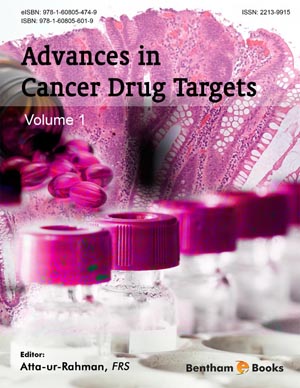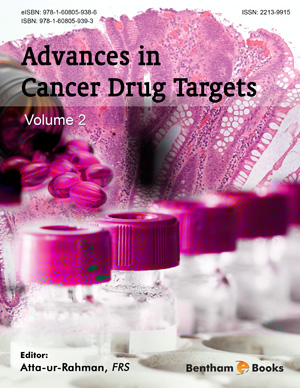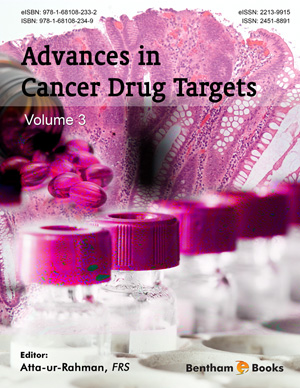Abstract
Stroke prevention in atrial fibrillation (AF) has been challenging over decades, mostly due to a number of difficulties associated with oral vitamin K antagonists (VKAs), which were the most effective stroke prevention treatment and the only available drugs for oral anticoagulation for a long time. The oral direct thrombin inhibitors and oral direct inhibitors of factor Xa have recently emerged as a viable alternative to VKAs for stroke prevention in AF. These drugs act rapidly and have a predictable, dose-related anticoagulant effect with a few clinically relevant interactions with other drugs. The novel oral anticoagulants are used in fixed doses with no need for a regular laboratory monitoring of anticoagulation intensity.
Several phase III randomized trials with novel oral anticoagulants for stroke prevention in AF have been completed recently: the RE-LY trial with dabigatran, the ROCKET-AF with rivaroxaban and the ARISTOTLE trial with apixaban, and all 3 trials compared the novel drug with warfarin. The AVERROES trial, which included AF patients who have failed or were unsuitable for warfarin, compared apixaban versus aspirin for stroke prevention in AF. Altogether, the novel oral anticoagulants showed impressive performance in these trials and have already been implemented into clinical practice worldwide. In addition, many more novel anticoagulants are at various stages of clinical investigation.
In this chapter, we present a brief summary of clinical trials with oral vitamin K antagonists for stroke prevention in AF and the caveats regarding these trials. We further present a detailed overview of the recently completed phase III randomized trials on the novel oral anticoagulants along with clinical implications of the results and summarize the current knowledge on the investigational oral anticoagulants which are under development.
Keywords: Novel oral anticoagulants, stroke prevention, thromboprophylaxis, atrial fibrillation, oral anticoagulation, clinical trials, warfarin, dabigatran, rivaroxaban, apixaban.






















